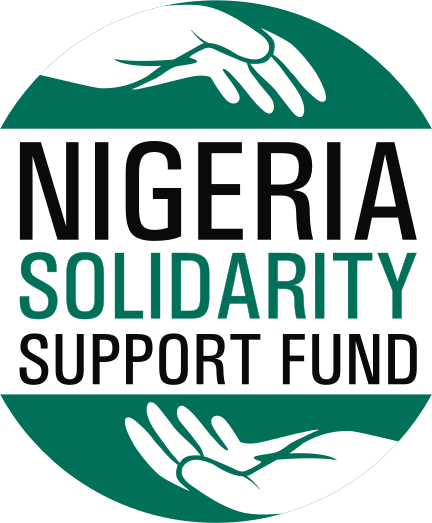The Nigeria Solidarity Support Fund (NSSF) has renewed its call for deeper policy reforms and increased financial commitment to maternal health, highlighting the critical role of health insurance in addressing Nigeria’s maternal mortality crisis.
The call was made during the 7th edition of NSSF’s Fireside Chat Series, themed: “Breaking Barriers to Maternal Health Equity: The Role of Health Insurance in Promoting Women’s Wellness.” held in Abuja.
In a press statement by NSSF Head of Marketing & Communications, Esther Anolu, the event brought together leading voices from government, donor agencies, development partners, and the health sector to explore inclusive strategies for improving maternal care access, particularly for women in underserved communities.
The Managing Director and CEO of NSSF, Dr. Fejiro Chinye-Nwoko, decried the high rate of maternal mortality in the country, saying „Nigeria’s maternal mortality rate remains unacceptably high with over 1,000 deaths per 100,000 live births.
„This cannot continue. We are here to ask the hard questions: how can we ensure that when a woman needs care, she can access it without money in her pocket and without delay? That’s what health insurance is meant to do, and it must be inclusive and accessible.”
Dr. Chinye-Nwoko stressed that despite available resources, too many women remain uninformed, unregistered, and excluded from health services. “What we need now is policy implementation and financial commitment that match the urgency of this crisis,” she stated.
Speaking during the panel session, Senior Officer at the Bill & Melinda Gates Foundation, Dr. Mojisola Odeku, spoke on leveraging donor support to improve access to women’s health services.
Representing the Director General/CEO of the National Health Insurance Authority (NHIA), Professor Chima Onoka, highlighted the authority’s work in expanding insurance coverage and digitising registration processes.
Director and Head, Family Health Department, Federal Ministry of Health, discussed national interventions including free emergency cesarean sections (C-sections) and treatment for Vesico-Vaginal Fistula (VVF) in over 20 states.
A critical question raised during the session “Who pays for the health of the poor?” sparked discussions around the need for sustainable financing models. Participants agreed that without government-subsidised insurance schemes and targeted support, vulnerable women will continue to be left behind.
Prevention also emerged as a key priority. Panelists advocated for increased investments in preventive care including mental health, contraception, and routine screenings, which could save lives and reduce overall healthcare costs.
NSSF also shared insights from its grassroots initiatives, such as its work in Ekiti State and the WeNaija Impact Cohort programme, which revealed persistent barriers including misinformation, affordability, and low trust in health systems
Looking ahead, NSSF announced plans to translate insights from the chat into targeted policy briefs for government and health sector stakeholders. These briefs will propose practical, gender-sensitive reforms to health insurance policies with a focus on maternal wellness.











